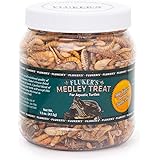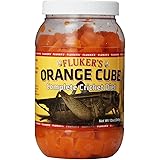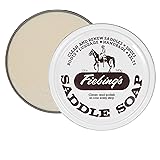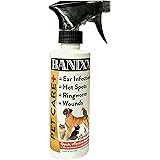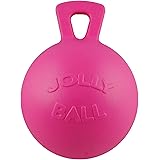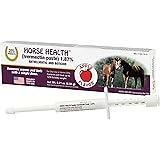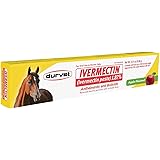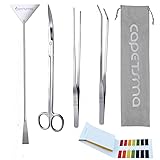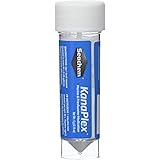
As a married man with a love for all pets, especially my pet German Schnauzer and tropical fish, I know just how important it is to take care of our beloved animals’ teeth. Dogs, like humans, can suffer from dental issues, and if not taken care of properly, the problems can become very serious.
The history of dental care for dogs goes back to ancient times. In fact, the ancient Egyptians were among the first to recognize the importance of dental health for their beloved canines. They would use a mixture of honey and beeswax to clean their dogs’ teeth and treat any dental issues they encountered.
Today, we have a much better understanding of how to prevent and treat common dental issues in dogs. The first step is to ensure you are brushing your dog’s teeth on a regular basis. This should be done at least twice a week, using a soft-bristled toothbrush and a toothpaste specifically made for dogs. Be sure to brush all of your dog’s teeth, including the back molars and hard-to-reach teeth.
It is also important to give your dog dental chews and treats that are specifically designed for canine oral health. These chews and treats contain ingredients that help to reduce plaque and tartar buildup and can help keep your dog’s teeth clean and healthy.
If your dog does develop a dental issue, it is important to have it treated as soon as possible. Common dental issues in dogs include periodontal disease, gingivitis, and abscesses. In most cases, these issues can be treated with antibiotics, anti-inflammatory medications, and sometimes even surgery.
It is also important to keep an eye out for signs of dental issues in your dog. Symptoms can include bad breath, difficulty chewing, or even visible signs like redness and swelling in the gums. If you notice any of these signs, take your dog to the vet as soon as possible.
When it comes to caring for your pet’s teeth, prevention is always the best medicine. Be sure to brush your dog’s teeth regularly, give them dental chews and treats, and keep an eye out for any signs of dental issues. With proper care, your pet’s teeth can stay healthy and strong for years to come.
You should also look out for signs that your dog may have dental issues such as bad breath, swollen gums, difficulty eating, and discolored teeth. If you notice any of these signs, it’s important to take your pup to the vet for a proper diagnosis and treatment.
Additionally, there are some simple steps you can take at home to prevent dental issues in your pup, such as brushing their teeth regularly, checking their gums and teeth for signs of infection, and providing them with dental chews and toys.
Finally, it’s important to feed your pup a healthy, balanced diet that’s low in sugar and fat to prevent plaque buildup.
To make it even easier, you can find all the information and supplies you need at Peppies Pet World (https://peppiespetworld.com).
Reference:
https://www.akc.org/expert-advice/health/common-dental-diseases-in-dogs/
https://www.petmd.com/dog/care/evr_dg_preventing_dental_disease_in_dogs
































































